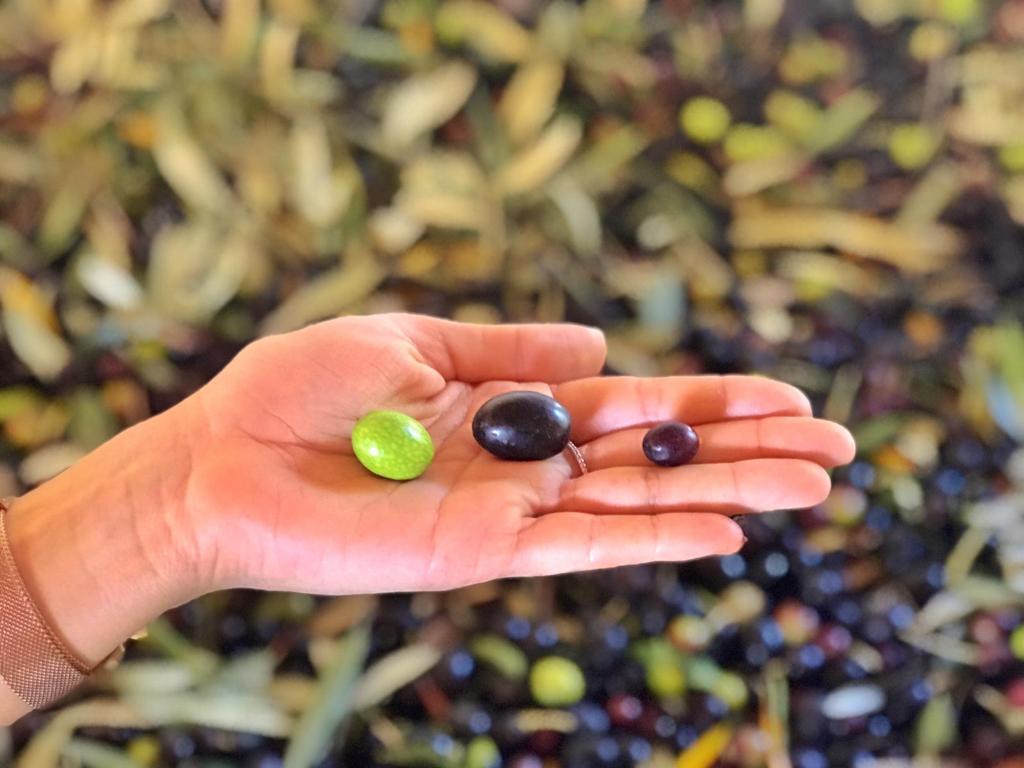The Olive Tree, a symbol of peace and a very important plant for our country has always had great historical and cultural value.
Taking care of your olive trees is the basis for obtaining quality extra virgin olive oil!
Let’s start by telling how pruningworks and what are the best techniquesto use.
It should be made clear that pruning is a preventive act but it is not the resolution of some problems that might “attack” the plant.
Let’s answer a fairly common question: When does pruning take place?
The olive tree can be pruned at two times of the year: between January and March the so-called “dry pruning” takes place and is the main intervention. In the summer season, on the other hand, “green pruning” is carried out, where suckers and suckers are cut (NB: Suckers, which are straight and vigorous, must be removed during both dry and green pruning).
What is important to know is that the olive plant is very sensitive to cold and suffers any cuts during the frost period. (You never prune in temperatures that are too cold).
Another fairly common question is: Why do you prune?
The Grower is required to prune his plants if he wants to in the first place:
- Keep the olive tree’s foliage healthy and in good condition
- Promote good light filtration within the canopy, between leaves and wood
- Adjust the arrangement and growth of the branches (homogeneity of the branches)
- Reduce pest attacks
- Eliminate dry branches or branches affected by diseases
Also, of paramount importance to the trusted grower/frantoian is the “phenomenon of alternating production” i.e., avoiding having a very rich year of olives and a dump year.
There are some good rules to always keep in mind:
- never over prune (cutting too much where there is a need is not healthy for the plant)
- cut sharply and at an angle
- use proper and safe equipment
RIMANI AGGIORNATO

